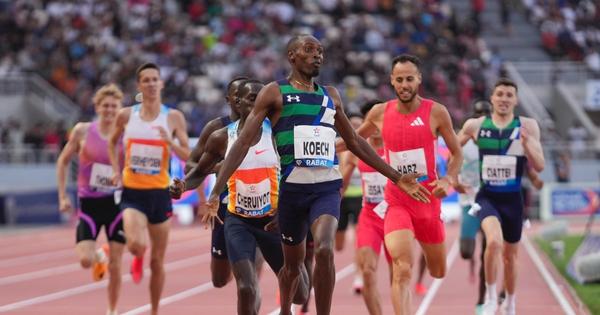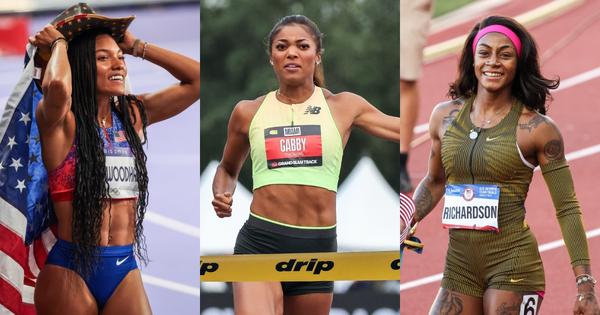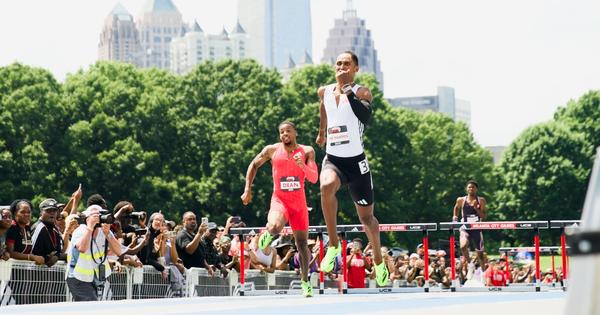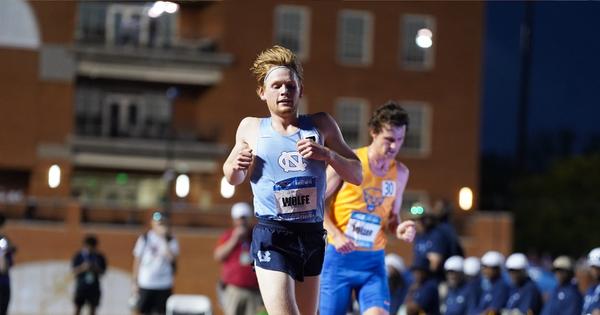By David Melly
May 29, 2025
There was a whole lotta track and field around the world this weekend. From Rabat to Los Angeles, from Miami to Zagreb, it seemed like every notable athlete in the world toed a start line or stepped into the infield.
If one theme tied them all together, it was that nothing quite went as expected. The favorites underwhelmed and the underdogs overperformed. Athletes announced themselves as contenders in new events and journeymen made huge leaps forward. Track and field can feel boring when there’s one dominant performer running rampant over the competition week in and week out… but this was no boring week in the track world.
There were so many crazy outcomes this week, it’ll be tough to capture them all, but here are a few of the most eye-opening:
Jonah Koech enters the chat.
Five Americans won Diamond League events in Morocco this weekend, a firm rebuttal to the narrative that the Grand Slam schedule would suck up all the domestic talent. Jacory Patterson continued his Cinderella-story start to 2025 with a 44.37 victory in the 400m over the likes of Quincy Hall and Bayapo Ndori, the latter of whom pulled up with an apparent injury after the first turn. Courtney Lindsey (200m) and Katie Moon (pole vault) bounced back from runner-up finishes in Doha with wins in Rabat. But the biggest story of the meet was perhaps Jonah Koech’s meet-record 3:31.43 win in the 1500m, a seven-second personal best and the fastest mark by an American so far this season.
Koech is one of those guys who’s been around for a long time but never quite broken through to international renown, starting his NCAA career at UTEP (later Texas Tech) and switching allegiance from Kenya to the U.S. in 2021. Koech ran 1:46.23 in the 800m in college and thrice made an NCAA final but never finished higher than sixth. He made his first global championship in 2022 with a runner-up finish in the 800m at USAs, but got DQed in the first round at Worlds. After an injury-shortened 2023, he came back for a fifth-place finish at Olympic Trials, also in the 800m, but nothing before Saturday indicated that a huge jump forward in the 1500m was imminent.
Koech didn’t just get dragged to a new PB in the middle of a large pack of sub-3:30 performers: he kicked to a decisive victory over a strong international field. Before Sunday, it was tempting to view the U.S. 1500m team as a foregone conclusion with Cole Hocker, Yared Nuguse, and Hobbs Kessler locking down the top three spots. That’s still the most likely outcome, given that the trio all finished in the top five of the Olympic final and Nuguse is the eldest of the three at 25 years old, but perhaps the pecking order isn’t entirely set in stone if Koech can continue his form into the summer.
The Track Fest 1500m produces more questions than answers.
On the women’s side, the U.S. 1500m scene is far from settled and remains top-heavy with talent. Until proven otherwise, Nikki Hiltz remains the top dog, but given that eight athletes broke four minutes last year, the competition at USAs will be brutal. Strangely, however, two of the most talented American middle-distance runners both logged middling performances in LA, with Shelby Houlihan finishing fifth in the fast heat in 4:04.76 and Athing Mu getting outkicked in heat 3 by BYU alum Sadie Sargent. It’s harder than ever to get a true sense of Mu’s fitness and plans as she takes the world’s-most-roundabout path back to the 800m, so the jury’s still out until she returns to her primary event at the Prefontaine Classic (if not before). What is crystal clear is that Houlihan’s path toward another U.S. 1500m team is going to be tough if she’s in anything less than PB shape by the time the championships roll around.
Elise Thorner and Frederik Ruppert have themselves a day.
Unless you’re a diehard fan of the European steeplechase scene, you’ve probably never heard the names Elise Thorner and Frederick Ruppert before this weekend. That’s because they were the 49th and 29th fastest steeplers in the world in 2024, respectively, and neither has made a global final in the event. But Thorner won the Sound Running meet in an 11-second PB of 9:17.57 and Ruppert, halfway around the world, knocked 13 seconds off his own lifetime best to finish second in Rabat only a few steps behind Olympic champ Soufiane El Bakkali.
Ruppert finished fourth in the European championship last year, but nothing on his resume to date suggested he was capable of his breakthrough 8:01.49 run. Similarly to Kenneth Rooks’s silver-medal performance in Paris, he’s now jumped from also-ran to true medal contender, and given that El Bakkali hasn’t looked fantastic so far this season and world record holder Lamecha Girma is still working his way back from the concussion he sustained in Paris, medals in Tokyo are definitely up for grabs in one of the sport’s more unpredictable events.
You better learn how to spell “Tshepiso Masalela.”
Even as Letsile Tebogo continues his slow start to 2025, the Botswana athletics machine has rolled like a freight train toward the top of pretty much every track event from 1500m on down. The fastest man in the world this outdoor season at both 800m and 1500m is 26-year-old Tshepiso Masalela, who took down Emmanuel Wanyonyi and a crowded 800m field in Rabat to clock a 1:42.70 PB and his fifth win in six races.
Masalela has made the last two global 800m finals, but this year feels different already. For starters, he’s now won two straight DLs after not finishing higher than third in six attempts last season. And while his focus on the 1500m has been, before now, secondary, the fact that he’d never run under 3:40 before this season and now has run 3:35.26 and 3:30.71 suggests that he could be a podium threat in either distance. Are you listening, GST organizers?
The 100m landscape remains topsy-turvy.
Every day, it seems like there’s a new plot twist in the fast-paced soap opera that is the global 100-meter scene. With Noah Lyles and Sha’Carri Richardson sitting comfortably on automatic entries into Tokyo’s World Championships, we may not see much of them on the racing circuit until later this summer absent a chunky appearance fee. At the other end of the spectrum, perennial almost-medalist Akani Simbine keeps racking up win after win, most recently a DL victory in Rabat over a field that included Fred Kerley, Ferdinand Omanyala, and Letsile Tebogo. And somewhere in between we have a range of results up for interpretation, like Shericka Jackson’s 11.04 victory in Rabat that she didn’t seem too pleased about and Bayanda Walaza’s dominant 9.94 run in Zagreb. Walaza is 19 years old and has only lost one 100m all season, which suggests that South Africa has a legitimate shot to put not one, but two athletes on the podium.
Don’t count out the veterans just yet, however: At a lowkey meet in Florida, Trayvon Bromell and Marie-Josee Ta Lou-Smith made it clear they aren’t handing anything off to the next generation just yet. Bromell only ran the prelims, but he clocked the second-fastest wind-legal performance in the world this year, a 9.91 victory ahead of Puerto Rican Eloy Benitez. Ta Lou-Smith split a pair of races with Jamaican Briana Williams, 13 years her junior, clocking 11.00 ahead of Williams’s 11.10 in the prelims then 11.20 behind Williams’s 11.08 in the final. With each passing weekend, the 100-meter picture only gets more opaque.
Some other familiar names laid down familiar performances last weekend, including Julien Alfred running away from the field to clock a 22.15 200m victory in Zagreb and Femke Bol logging the fastest season opener of her career with a 52.46 400m hurdles in Rabat. You’ve gotta feel a little frustration on behalf of Beatrice Chebet, who ran an astonishing 8:11.56 3000m on the track in Morocco, a time that would be a world record by five seconds were the extremely suspect Chinese performances from 1993 not still on the books. Outside of lingering 1990s record books, right now it seems like the only barrier that could credibly stand in Chebet’s path to world dominance is a possible rematch over 5000m with Faith Kipyegon later this summer.
As of May 28, the question “who’s a lock for gold in Tokyo” has very few correct answers. One could argue the list begins and ends with Sydney McLaughlin-Levrone and Mondo Duplantis—and that’s assuming Sydney runs her primary event, which is far from guaranteed. There are betting favorites and hotly-anticipated openers still to come, but all in all, most of track and field right now is wide-open and hard to predict… which makes it a great time to be a fan of track and field.
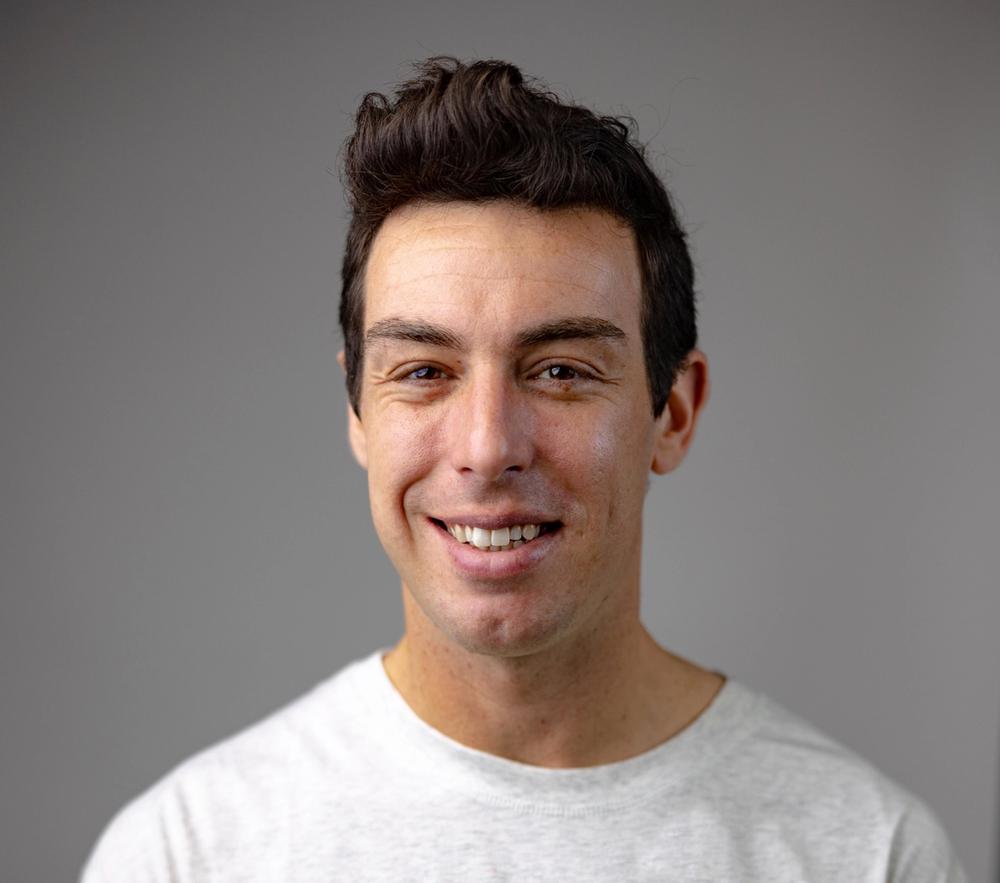
David Melly
David began contributing to CITIUS in 2018, and quickly cemented himself as an integral part of the team thanks to his quick wit, hot takes, undying love for the sport and willingness to get yelled at online.
